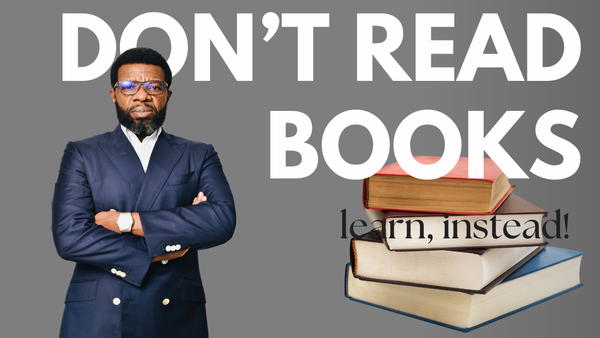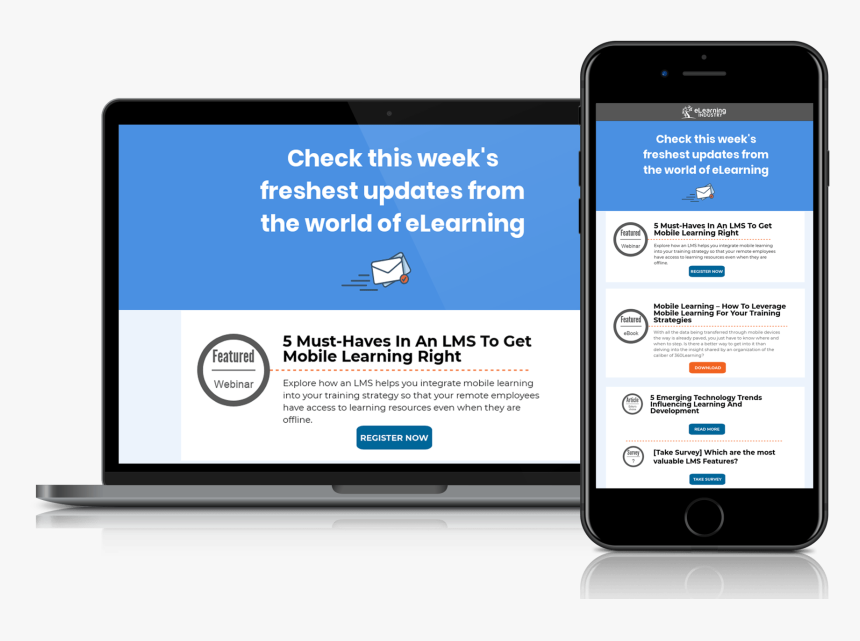
Don’t Just Read Books,Learn. You Brilliant Changemaker!
Here we go, I hear you think!!
Yes indeed, here we go with the first edition of the 4nothing Newsletter – where we focus on professionalism and how that can help us make a cup of tea – oh no, sorry – how that can help us make our interventions more impactful.
Books? Nah, don’t read them!! I am telling you, it is not worth the time. Learning is worth it though!
Ok, Let’s have a quick chat.
When was the last time you finished a book on private sector engagement or market systems development and thought, This will revolutionise my next intervention!?
Now, how much of that book’s wisdom have you actually used in your work?
Go on, be honest, most of us can’t remember the author’s name, let alone apply the lessons. It’s like buying a fancy new toolkit and never taking it out of the box.
Here’s the hard truth: books alone won’t transform your professional growth. But learning actively, intentional, results-driven learning can take your interventions from “meh” to truly impactful.
So, if you’re tired of piling up books but not outcomes, let’s explore how to shift from passive reading to meaningful learning and why it’s the game-changer for anyone working in private sector engagement.
Imagine
Imagine this scenario: you’re leading an intervention to promote inclusive business practices. You’ve read every book, report, and policy brief on engaging private companies for social good. You’ve even quoted Porter’s Value Chain at your last meeting (impressive, yes?). But when it comes to negotiating partnerships or structuring incentives, you’re still spinning your wheels.
The problem? You’ve read about private sector engagement, but you haven’t learned how to do it. And in our field, knowing the theory doesn’t matter if you can’t deliver measurable results for the communities you serve.
Learning in Action: The Framework for Professional Growth
To truly master private sector engagement or any skill you need to go beyond reading. You need to actively learn. Here’s how:
1. Conduct a Knowledge Audit (What Do You Actually Know?)
Take a step back and assess where you stand. What skills or knowledge do you need to be more effective in private sector engagement?
For instance, if you’re struggling to design win-win partnerships, ask yourself:
- Do I understand the commercial motivations of private companies?
- Am I clear on how to align those motivations with social impact goals?
- Do I know how to measure and communicate the value of these partnerships?
This audit will uncover your gaps and help you focus your learning efforts.
2. Identify Your Learning Style (Find What Works for You)
Some of us learn best by reading case studies; others need to watch webinars or attend hands-on workshops. If you’re unsure, experiment.
For example, if you’re trying to master negotiation techniques for private sector deals, you might:
- Read a book like Getting to Yes
- Watch role-play videos of negotiations
- Practice with a mentor or colleague
Find what clicks and lean into it.
3. Choose the Right Sources (Not Just the Buzzwords)
When it comes to private sector engagement, it’s tempting to dive into the latest hyped-up frameworks. Resist that urge! Look for resources that offer practical, tested approaches.
For example, instead of a generic “how-to” book, read case studies on successful partnerships in similar sectors or geographies. Or, better yet, attend a webinar led by someone who’s actually implemented those interventions.
4. Deliberate Practice (Apply, Fail, Adjust, Repeat)
This is where the magic happens. Deliberate practice means putting the theory into action and refining it through feedback and repetition.
Let’s say you’re designing a matching grant program for agribusinesses. Instead of creating a detailed plan in isolation, try this:
- Draft a quick concept note.
- Pitch it to a private sector partner and get their input.
- Iterate based on their feedback and test it with a pilot group.
By the end, you’ll not only understand the theory but also have a tested approach that works in real-world scenarios.
5. Review and Reflect (Stay on Top of Your Game)
Learning doesn’t stop once you’ve ticked off a skill. Periodically review what you’ve learned and how it’s working.
For instance, if you’ve mastered structuring partnerships, check back in six months:
- Are your partnerships still delivering value for all parties?
- Have you adapted to new challenges or opportunities?
- What’s changed in the market, and how do you stay relevant?
6. Build on Your Knowledge (Become the Go-To Expert)
Private sector engagement is dynamic. What worked yesterday might not work tomorrow. To stay ahead, you need to keep learning, building, and adapting.
Think of it as becoming a thought leader. To influence the way the private sector engages with development, you need to continually expand your expertise and share your insights.
From Theory to Impact: Why Learning Changes Everything
Active learning isn’t just about ticking boxes on your professional development plan. It’s about driving real, tangible results, better-designed interventions, stronger private sector partnerships, and greater impact for beneficiaries.
And let’s not forget the professional growth:
- Confidence: You’ll go into meetings knowing you’ve got the skills to back up your ideas.
- Credibility: You’ll become the person everyone turns to for advice.
- Career Growth: Your ability to deliver results will set you apart in the field.
A Call to Action (Because Learning Isn’t Passive)
So, here’s the deal: this year, don’t just commit to reading more books. Commit to learning. Choose one skill like private sector engagement and dive deep. Apply what you learn, reflect on the results, and refine your approach.
Because at the end of the day, it’s not about how many books you’ve read. It’s about how much of what you’ve learned has changed your work and the lives of the people you’re working to support.
Let’s hear it from you: what’s one thing you’re going to learn this year, and how will it transform your work?
Drop your thoughts in the comments let’s make 2025 a year of learning, growth, and impact!
Cheers to “Nothing’ but progress and purpose,
